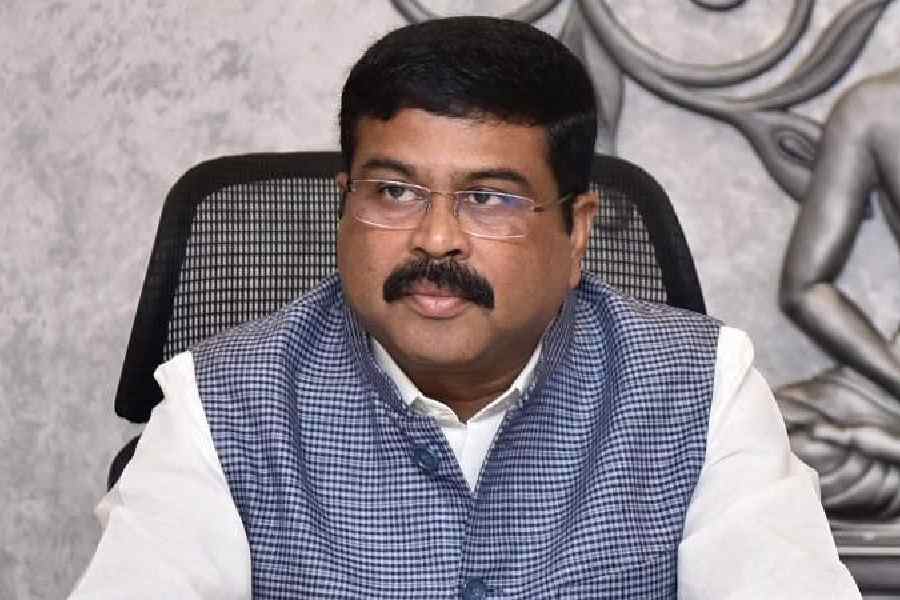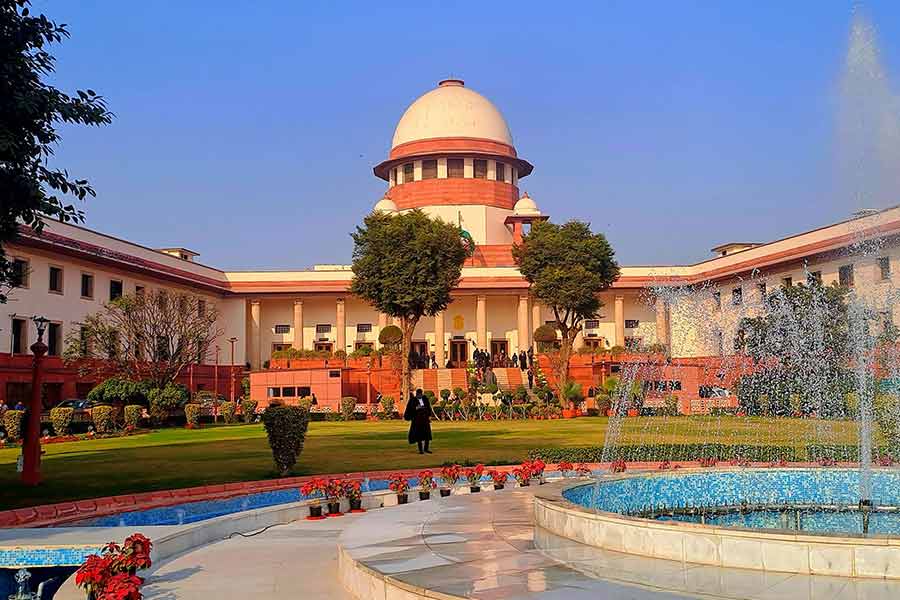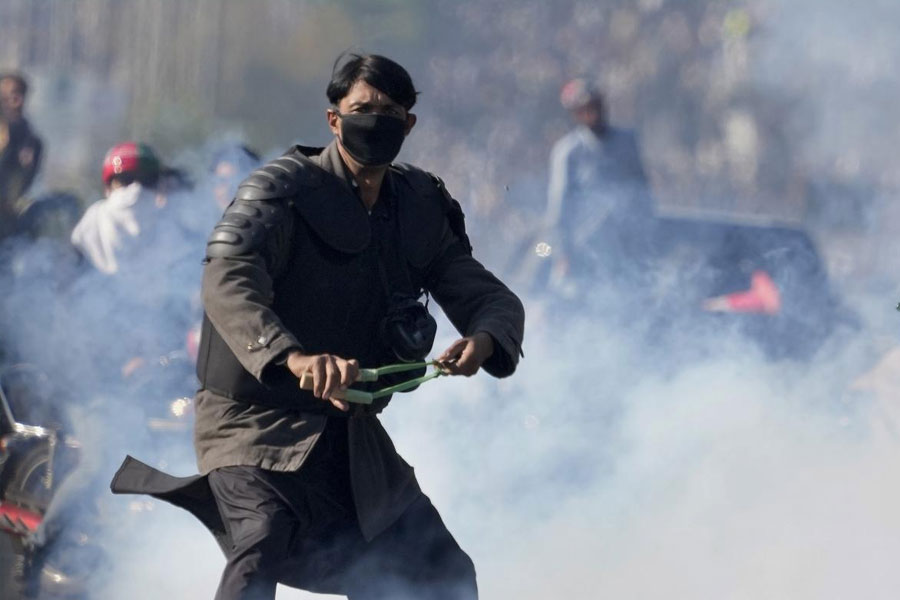Union education minister Dharmendra Pradhan on Tuesday said that with the passage of the IIM (Amendment) Bill, the institutions would be answerable to the government on policies of affirmative action.
The bill was passed in the Rajya Sabha on Tuesday, while the Lok Sabha cleared it on August 4.
Implementation of reservation in admission in PhD courses and faculty recruitment has been erratic in the B-schools. Documents accessed by The Telegraph showed nine IIMs had not started implementing faculty reservation till July 2022 even as Parliament in 2019 had passed a separate law to ask all central educational institutions (CEIs) to implement the faculty quota.
“There are certain constitutional matters like CEI (Reservation in Admission) Act
2006. Reservation is also provided in faculty recruitment. In the last six years, there have been issues of lack of accountability. Now they will be asked. They will be answerable,” Pradhan said in the Rajya Sabha.
With the amendments, the Visitor, the President of India, will nominate the chairperson of the board of governors (BoG) of each IIM and the chairperson will head a panel to recommend names for the post of the director. Under the existing IIM Act, the BoG of each institute was empowered to appoint the chairperson and directors without involving the government.
Bill not discussed
The ministry of education (MoE) has not shared or discussed the provisions being introduced by it in the draft IIM (Amendment) Bill before bringing it to Parliament, said IIM sources.
The sources said that higher education secretary Sanjay Murthy had a meeting with directors of all IIMs about a year ago to seek their feedback on any change required to the IIM Act. During the meeting, the ministry had not shared the draft bill or the provisions of the bill. Later it asked for feedback from the BoG of each IIM in writing on changes they would suggest. No provision was shared at that time too.
“The IIMs came to know about the provisions when the bill was introduced. In 2016-17, the government had involved the directors of the IIMs in drafting each provision of the existing IIM bill,” said an official source.
It is learnt that Prime Minister’s Office (PMO) pushed the amendments and the MoE was asked to keep it secret.
Mixed reaction
The IIM faculty members have found merit in the bill though some expressed concerns about government interference.
A faculty member of IIM Ahmedabad said the act was framed in 2017 because the PMO pushed it this way even though the bureaucracy was not happy. Now, the withdrawal of the autonomy of IIMs on several issues, including the power to appoint directors and chairpersons, means the BoG members may not take full interest in the affairs of the B-school.
“Each IIM has five alumni members in the BoG. Since there is not much government control, these members were taking an interest in institute affairs. In some IIMs, the power to appoint members was arbitrarily used by the chairpersons and directors. But in the long run, this provision would have helped the IIMs to become self-driven entities and excel globally,” he said.
“The act gave the confidence to decide the future. But now the BoG members will feel that the government is the controlling authority for the institute,” he added.
Empowered by the act, the institutions were defying the government on many issues. For example, the MoE last year asked all IIMs to extend the tenure of their chairpersons by one year till a protocol was developed for the appointment process for this post. However, the BoGs of IIMs in Ahmedabad, Bangalore, Indore and Udaipur called the government’s circular unwarranted and went ahead with appointments.
Pradhan said that the government would not interfere with issues of faculty recruitment and curriculum.











